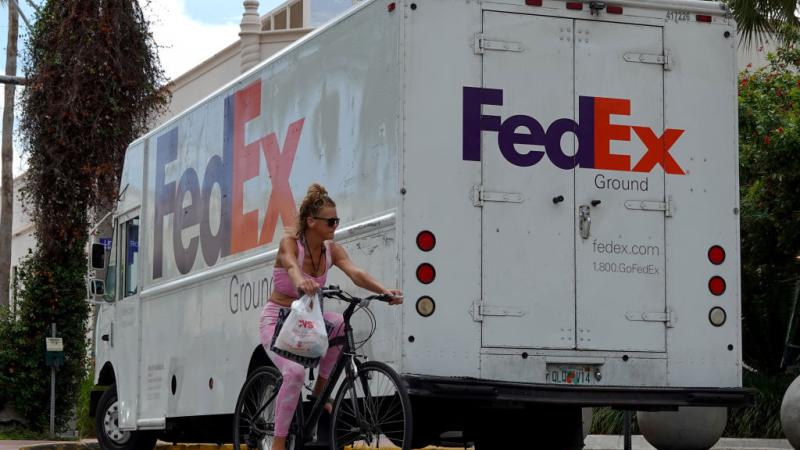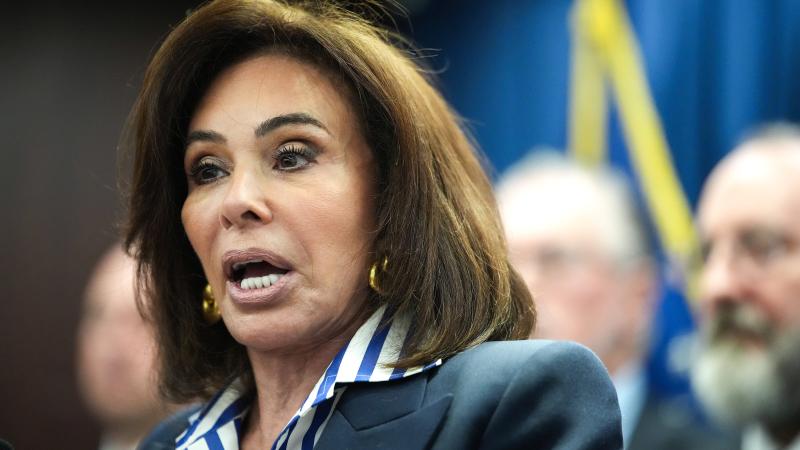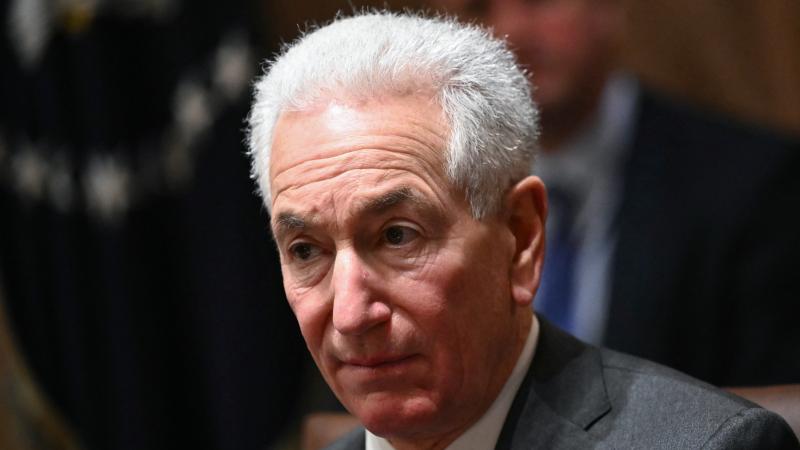SCOTUS refused to ban federal censorship pressure; It could make churches complicit in abortion
Washington state defends abortion coverage mandate on basis that insurers might not offer abortion-free plans even if the 9th Circuit issues an injunction. Judge warns its argument means "you slam the court doors shut" to churches.
When the Supreme Court reversed a preliminary injunction against several federal agencies and officials in June for "coerc[ing] or significantly encourag[ing]" tech platforms to suppress content, Washington state saw a new way to protect its mandatory abortion coverage in maternity healthcare plans from religious freedom challenges.
Five years into a lawsuit by Cedar Park Assembly of God against SB 6219, which includes criminal penalties up to prison, the Evergreen State argues that insurers won't necessarily offer abortion-free plans if the court permanently bars it from enforcing surgical- and chemical-abortion coverage against such religious ministries that are opposed to abortion.
The feds successfully argued the same in Murthy v. Missouri – that Facebook, YouTube and others made their own content-moderation decisions against government-disfavored narratives before they were supposedly coerced, an injunction wouldn't stop them, and that censored users were unlikely to be suppressed again due to federal pressure.
Deputy Solicitor General Tera Heintz repeatedly invoked the seven-week-old precedent in oral argument Thursday before the 9th U.S. Circuit of Appeals, which already reinstated the case – finding Cedar Park has legal standing – only for a district judge to toss it again a year ago.
The Supreme Court's refusal in June to block the Food and Drug Administration's expansion of access to mifepristone, finding no legal injury to pro-life emergency doctors who feared they would be compelled to finish abortions for women injured by the abortion pill, also determines the Seattle-area church cannot stop a law limited to insurers' obligations, Heintz said.
"Cedar Park has to do nothing" under SB 6219 – pay for abortion or even provide notice to employees that it objects to that coverage, she said.
"If you say that religious entities have no standing in this situation" – at odds with "everyone that's looked at it before" in the case – "apparently you slam the court doors shut [so] that they can't even talk about their religious objections," Judge Consuelo Callahan told Heintz.
Callahan questioned whether the law was "generally applicable" given that a deputy insurance commissioner testified the office didn't have a "set process for approving exemptions for carriers" when Washington's law conflicted with federal restrictions such as the anti-abortion Weldon amendment.
The President George W. Bush nominee wrote a sweeping opinion last fall prohibiting public schools across the 9th Circuit's Pacific-to-Rockies jurisdiction from favoring secular over religious student clubs in exemptions to anti-discrimination rules. Cedar Park is seeking the same conscience exemption the law makes for "health care providers, religiously sponsored health carriers, and health care facilities."
Heintz said Callahan's precedent in Fellowship of Christian Athletes is inapplicable because Washington's law doesn't privilege secular activity, does not require abortion coverage under all circumstances and offers "no system of individualized exemptions."
Callahan, President Clinton nominee Susan Graber and President Biden nominee Lucy Koh expressed frustration and confusion about the continuing factual disagreements between the parties after five years of litigation and a second trip to the 9th Circuit.
Alliance Defending Freedom senior counsel Rory Gray, representing the church, corrected Koh when she asked why Cedar Park couldn't buy an abortion-free plan from secular Primera or religious Providence, both approved by defendant Insurance Commissioner Myron Kreidler.
The 100-plus employee church cannot get the Primera plan because it's capped at 50 employees, and the Providence plan isn't available in its counties, Gray said.
It's not clear whether their coverage excludes abortion or it's just "not technically included in the contract," Gray said.
Cedar Park rejected Cigna because it "could not in fact completely exclude" abortion unless the church chose self-insurance – a cost-prohibitive option since Cedar Park needs coverage for a "gravely ill child" with medical bills of $1 million a year.
Heintz contradicted her counterpart, saying the church turned down Cigna because it "had a reputation" for cheap first-year coverage that jumps in subsequent years. She said the record shows Primera offers an abortion-free plan to a Christian school.
"Cedar Park never went back" to its insurer Kaiser Permanente after the latter said it would have to add abortion coverage, prior to Kreidler implementing regulations that refer to Washington's older conscience law, Heintz said. (ADF's March 22 brief calls those regulations "devoid of substance" and not a substitute for a formal exemption process, which SB 6219 lacks.)
Even if Kaiser misunderstood the regulations as threatening the carrier if it gave Cedar Park its old plan, "that would not be a reasonable interpretation" of the conscience law, Heintz said. "If these insurance carriers are not offering the policy, they're doing it for their own reasons."
Gray at times seemed exasperated that the judges seemed to be missing the forest for the trees with all their questions about the factual record, timeline of events and how the church was harmed, which he considered irrelevant to the core issues.
Kaiser only pulled its abortion-free plan because of the new law and told Cedar Park it would resume if the church got an exemption, showing "injury in fact, causation and redressability" through an injunction, Gray said.
Cedar Park isn't arguing it could prevent its employees from purchasing abortion coverage with their own salary or that this would make the church complicit in abortion, so it seems Cedar Park's interest is "making sure the price is high" for employees who seek abortion coverage, Gruber said.
The Supreme Court's Hobby Lobby precedent, which struck down the Affordable Care Act's contraceptive mandate for privately held for-profit corporations with religious objections, did not turn on whether any employee of the Christian arts-and-crafts chain actually obtained contraception through the law, Gray said.
The ACA requires Cedar Park to create a legal relationship between its employees and insurance carrier, and cost is irrelevant to its objection to facilitating abortion, Gray said. Hobby Lobby says the government can't decide "whose facilitation argument is right."
"It's a very clear distinction" between employees using their insurance card, which also covers "non-objectionable" services, and paying out of their wages to get abortions, he told Judge Koh. "The card is proof that the abortion coverage operates through Cedar Park's plan" regardless of Heintz emphasizing the insurer manages the card.
"It's very unlikely that Cedar Park would not be paying for abortion coverage" without an injunction because the law lets carriers charge on the back end for legally required services, Gray said, citing Washington's "inequity fee" on religious Providence that goes into an abortion fund.
The Facts Inside Our Reporter's Notebook
Videos
Links
- Supreme Court reversed a preliminary injunction
- Five years into a lawsuit
- SB 6219
- oral argument Thursday
- already reinstated the case
- district judge to toss it again
- Supreme Court's refusal in June to block
- sweeping opinion last fall prohibiting public schools
- Washington's older conscience law
- ADF's March 22 brief
















